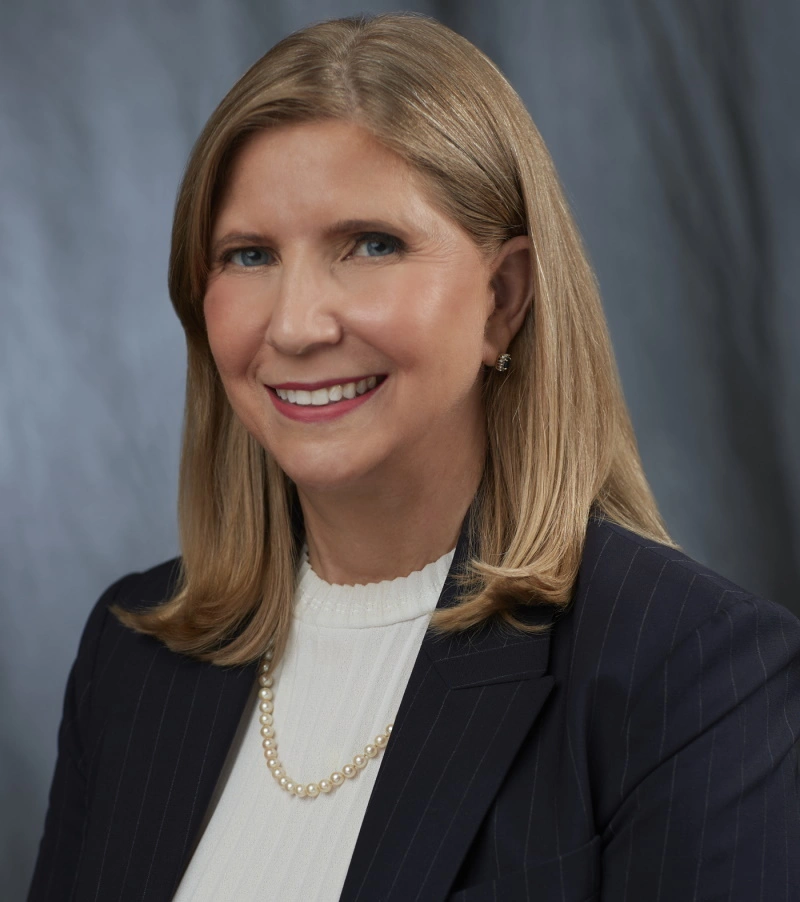
Changes in state and federal laws are already in motion. At the federal level, the Student-Athlete Equity Act (“SAEA”) was introduced to the House in March of this year. The SAEA would redefine what qualifies as a tax-exempt amateur sports organization and would exclude organizations that substantially restrict student athletes from using or being reasonably compensated for the use of their name, image, or likeness. As the SAEA awaits a potential vote by the House Ways and Means Committee, states are also addressing the issue.
California passed a law (not effective until 2023), which will allow college athletes at both public and private universities to participate in promotions/endorsements. New York, Florida and Illinois have proposed similar legislation. Colorado, Kentucky, Minnesota, Nevada, New Jersey, Pennsylvania and South Carolina are expected to soon follow suit. As for our home state’s Wolverines, Spartans, Broncos, Eagles and other college teams, it looks like they will have a fair shot in the game as well.
Michigan is now the latest state in which legislation has been introduced that will allow a student athlete to receive reasonable compensation for the use of their name, image, or likeness. The bipartisan plan, brought forth by two former college athletes, is similar to California’s Fair Pay to Play Act. If signed into law, it will go into effect in July 2020.
With the changes in NCAA rules as well as federal and state legislation that are designed to allow student-athletes to profit from the use of their names, images, and likenesses, people are again questioning whether student-athletes should – or will – be considered employees of the universities for whom they serve as a major revenue stream. The short answer is no.
The reason, along with a brief history, is as follows.
In 2014, a group of football players out of Northwestern University in Evanston, Illinois decided they wanted to unionize and become members of the College Athletes Players Association (“CAPA”). Allowing the student athletes to unionize and be treated as employees would have required Northwestern to negotiate over the terms and conditions of employee benefits, such as wages, hours of work, healthcare, insurance, and retirement. Northwestern pushed back, arguing among other things, that student football players were not employees, and that scholarships were not compensation. The issue found its way to the National Labor Relations Board (NLRB), requiring the Board to:
- Decide whether student athletes are employees as defined by law;
- Define the appropriate unit of employees to vote if a union is formed; and
- Schedule an election.
In 2015, the NLRB basically decided not to decide by declining to exercise jurisdiction over the dispute. The Board reasoned that the NCAA Division I football players at Northwestern (a private university) were a very small subset of the vast majority of Division I players who attended public universities. The Board does not have jurisdiction over public entities as they are not subject to the provisions of the National Labor Relations Act, which the NLRB enforces. To avoid inconsistencies between how collegiate athletes were treated across the country and to promote stability and uniformity, the NLRB ruled it did not have jurisdiction over the dispute. As a result, whether a student athlete meets the definition of “employee” under the NLRA was left open and remains open. What remains is the status quo, meaning collegiate athletes are not considered to be employees.
But could that change? The new NCAA rules specifically indicate the rules do not change the fact that student athletes are not employees. Will legislation change that? Stay tuned.






